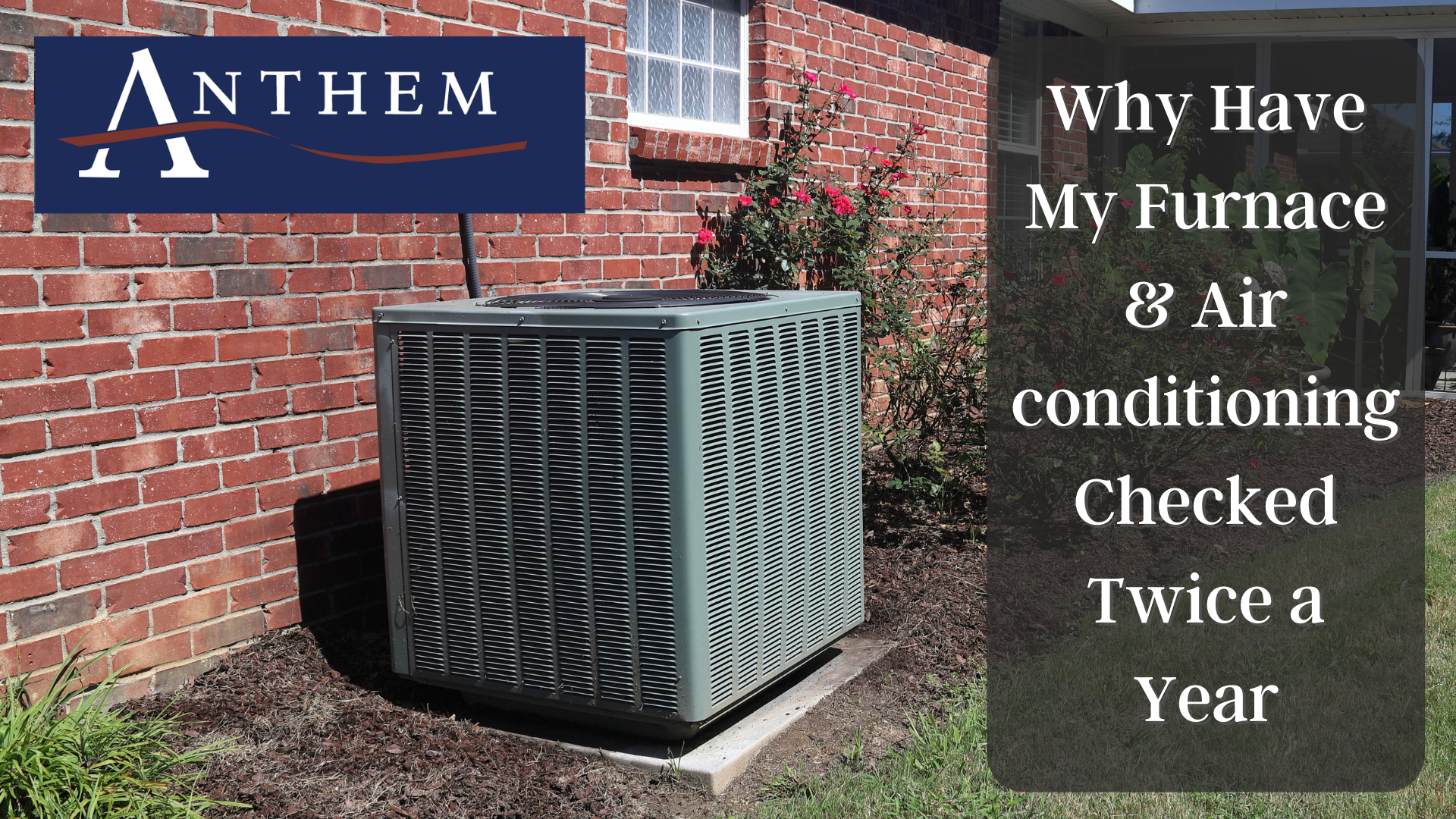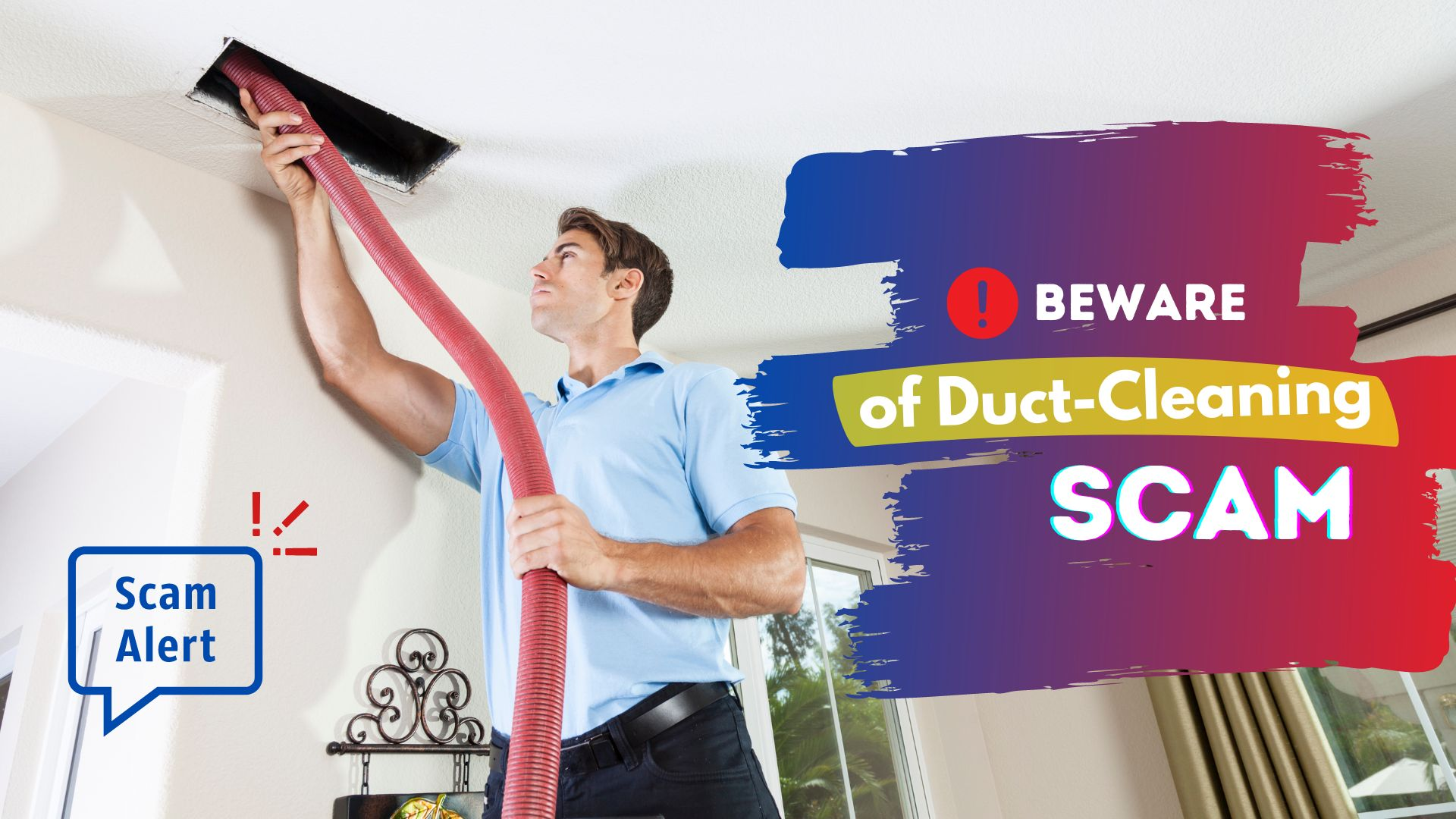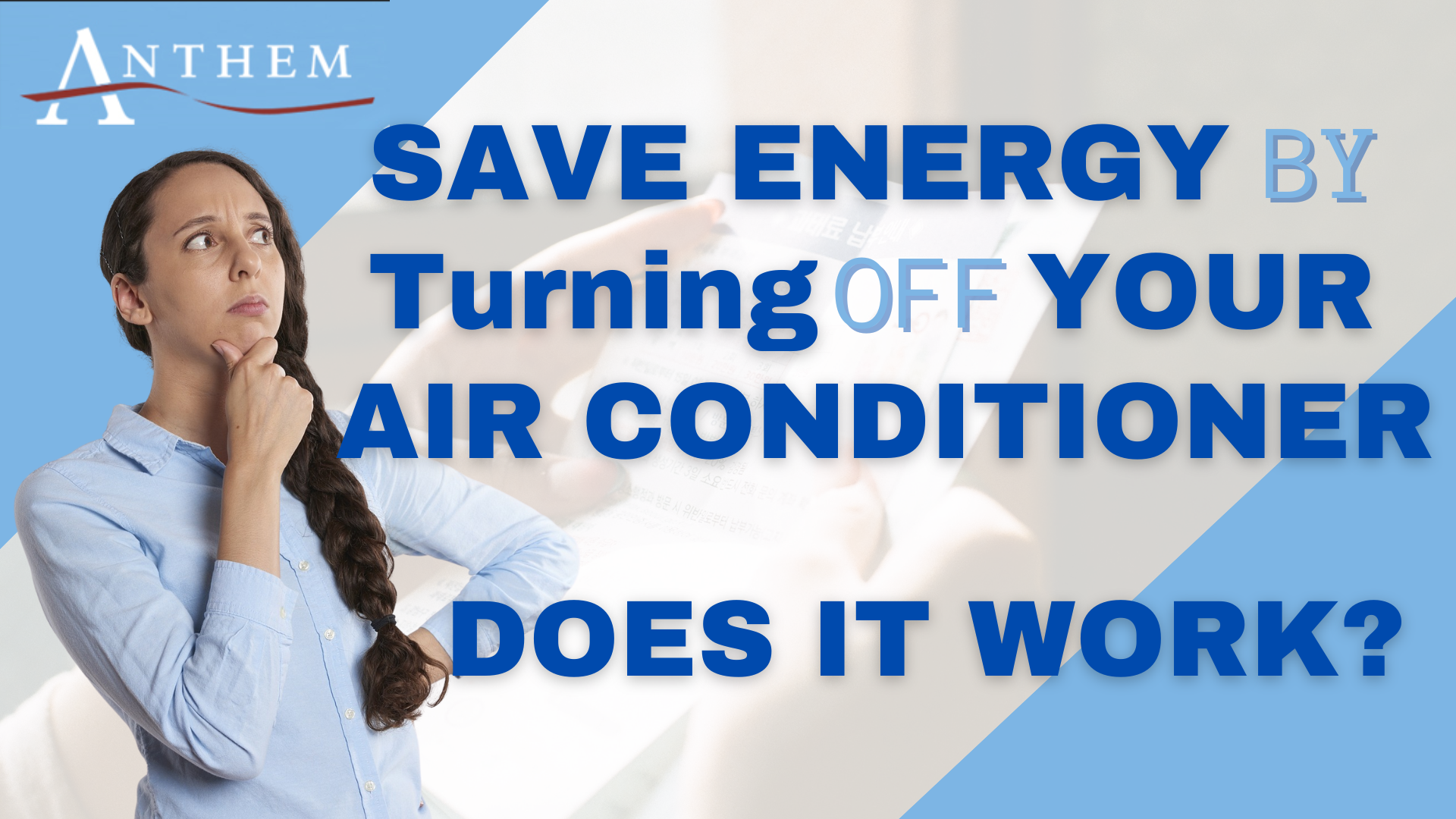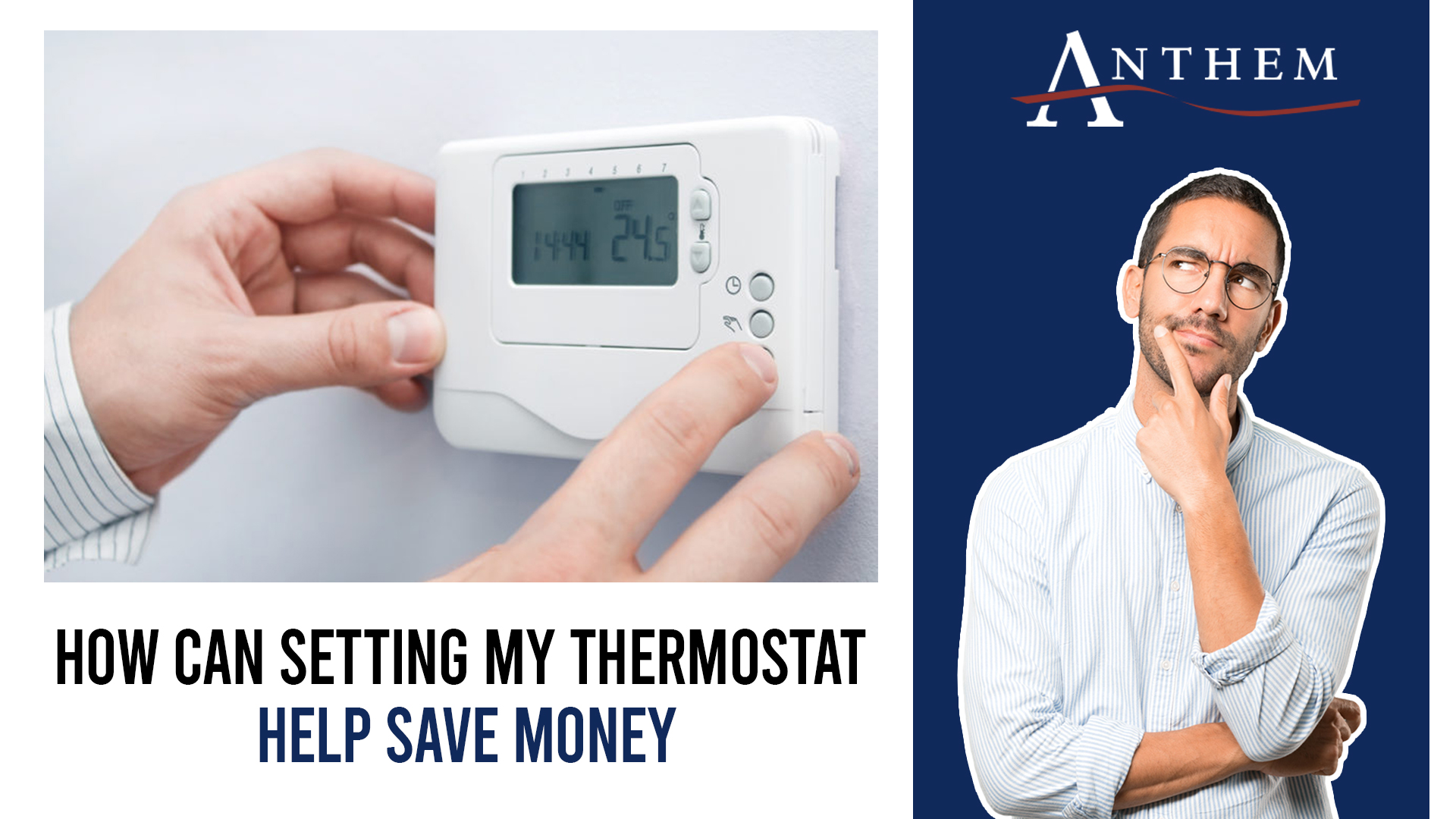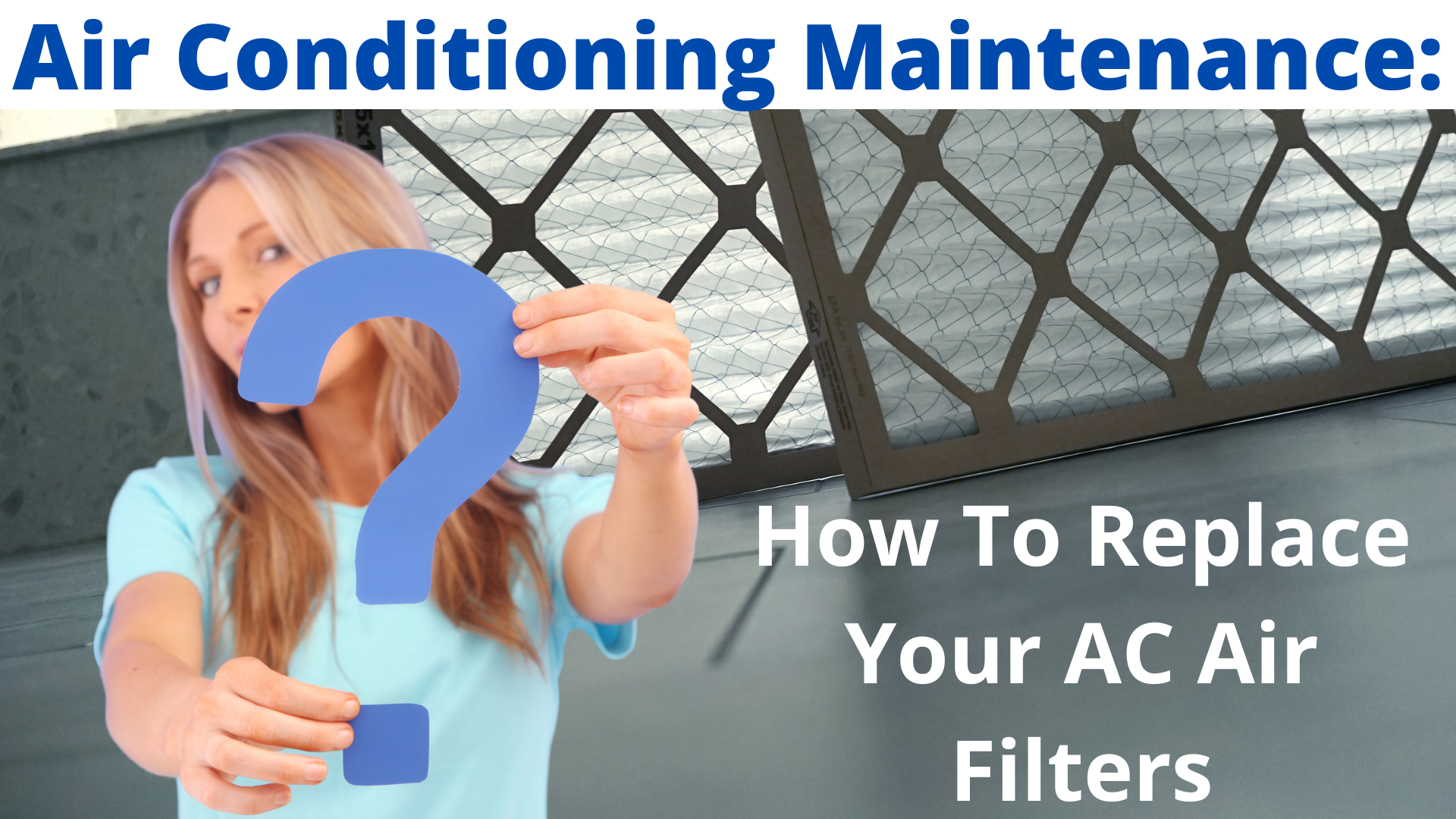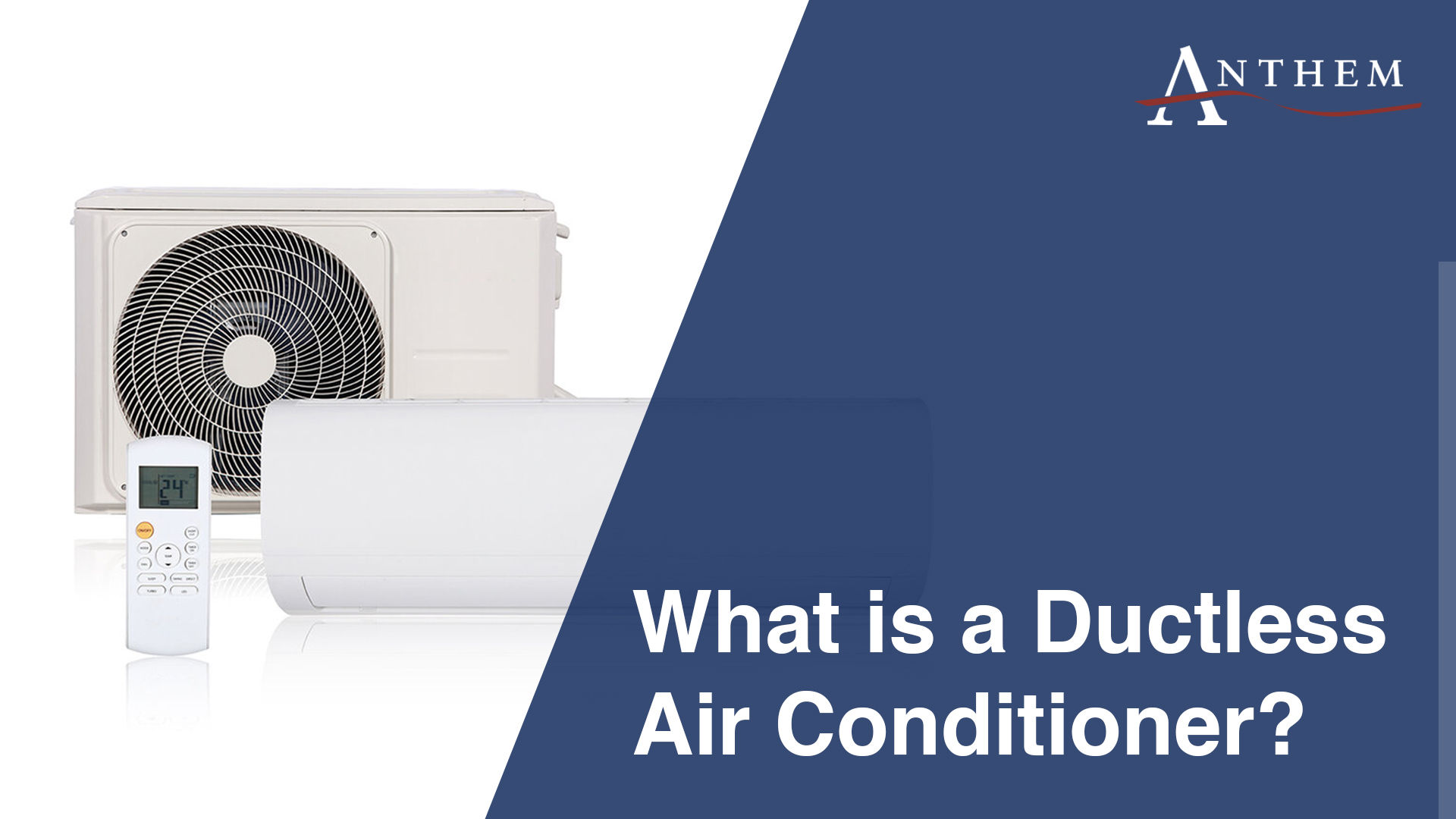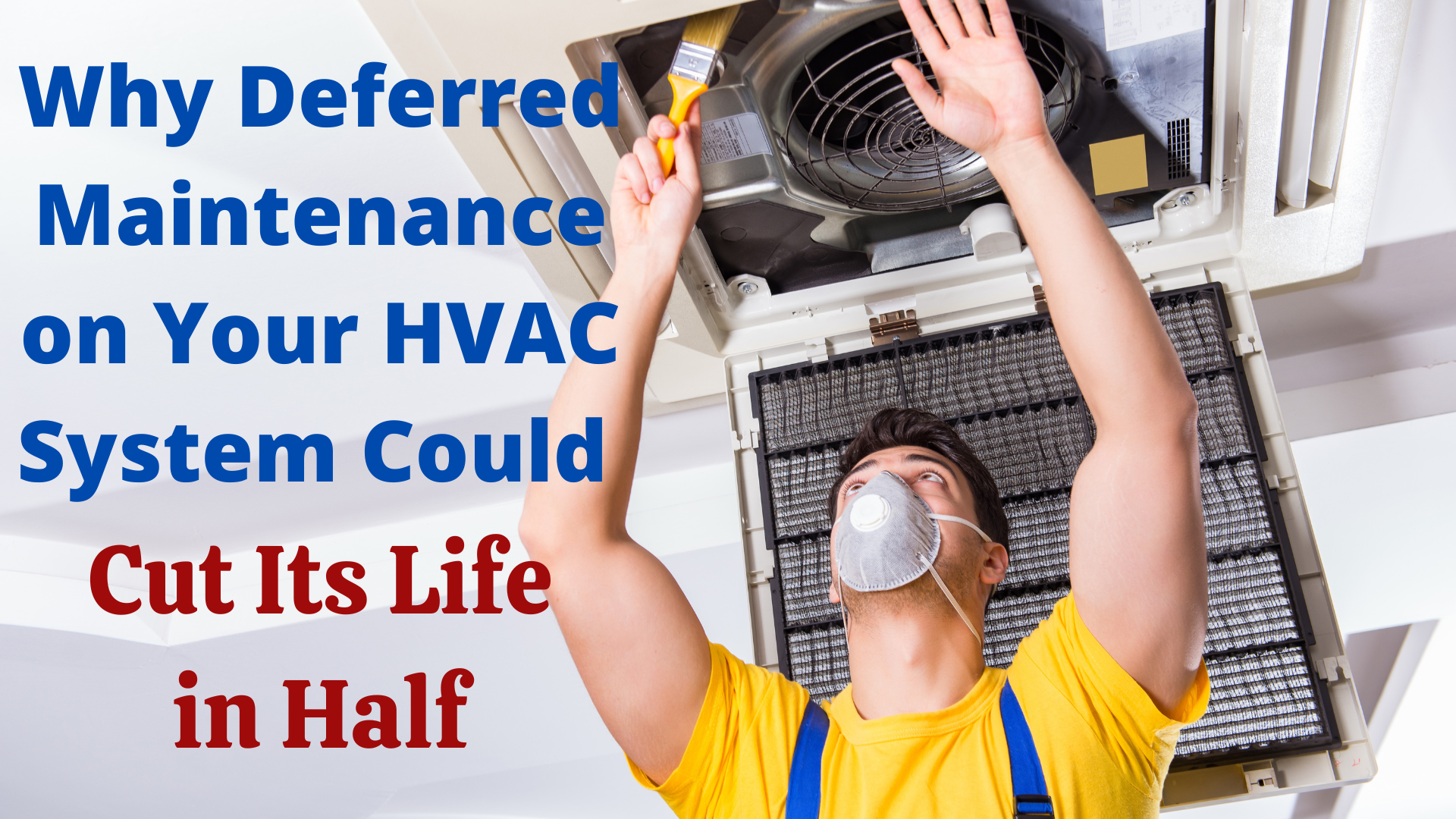One of the most common questions we get asked here at Anthem Heating & Air Conditioning by residents around the Coachella Valley is, “How does dry desert air affect my indoor air quality? Should I get a humidifier?” The answer is yes! A whole-house humidifier is a great way to improve indoor air quality. Here’s why:
Desert air is dry due to very low humidity levels. This causes dry skin, sinuses, a scratchy throat, dizziness, fatigue, and itchy eyes. If you live in a dry climate, you may have noticed that your skin and sinuses feel drier than usual. You may also be experiencing more static electricity shocks. These are all common side effects of dry air.

Long-term effects of repeated exposure include heart disease, cancer, and respiratory diseases. These effects can be fatal if you don’t improve the indoor air quality in your home or workplace. Fortunately, you can take several steps to improve your indoor air quality. But first, what is indoor air quality?
What Is Indoor Air Quality?
Indoor air quality refers to the air quality inside your home or office and how it relates to your health. Here are factors that determine indoor air quality:
- low humidity levels
- contaminants such as chemicals and allergens
- poor ventilation
- poor indoor air circulation
How Dry Air Affects Your Indoor Air Quality
Here’s what you need to know about how dry desert air affects your home and whether or not you should consider investing in a humidifier.

Dry Air Is Bad for Your Skin
One of the most immediate ways you’ll notice the impact of dry air is on your skin. Dry air hastens the evaporation of moisture from your skin. Your skin loses its ability to retain moisture, leading to itching, redness, and flaking. Dry air can worsen your symptoms if you suffer from conditions like eczema or psoriasis.
Dry Air Makes You Susceptible to Sinus and Lung Infections
Dry air also causes sinuses to become dry and irritated, leading to inflammation, and making you more susceptible to sinus infections. Dry air is also bad for your lungs. It causes the mucous membranes in your respiratory system to become dry and irritated, leading to congestion, coughing, and difficulty breathing.
Dry Air Can Damage Your Wood Furniture
Wood expands and contracts depending on the weather conditions and humidity levels. Another way that dry air can negatively impact your home is by damaging your wood furniture. When the humidity levels in your home drop, it can cause wood to crack and split.
Dry Air Contributes to Static Electricity
Dry air can also contribute to static electricity shocks because when the air is dry, there is less moisture to help conduct electricity.
How to Improve Your Indoor Air Quality
Here are a few ways to improve the quality of the air in your home, whether it has too much humidity or not enough:
- Invest in a whole-house humidifier to add moisture to the entire building to offset the harmful effects of dry air. Whole-house humidifiers are available for homes of all sizes and can be installed relatively easily.
- Install a dehumidifier to remove excess moisture from the air and reduce humidity levels.
- Regularly clean your air vents and replace your air filters to help keep dust, pollen, and other allergens out of the air.
- Use an air purifier or whole-house air cleaner to remove harmful chemicals and pollutants from the air.
By following these tips, you can ensure that you enjoy good indoor air quality in your home or office, no matter what the weather conditions may be outside.

HVAC Maintenance Is Key to Good Indoor Air Quality
Apart from adding a humidifier to your home, you should always schedule regular maintenance with a professional HVAC technician like Anthem Heating & Air Conditioning to keep your air conditioner, furnace, and other systems running smoothly. This is because your HVAC system has air filters, ducts, and other components that directly impact indoor air quality.
Conclusion
While dry air is uncomfortable and can negatively impact your health, there are several steps you can take to improve indoor air quality in low-humidity areas. Investing in a humidifier or other tools like an air purifier or dehumidifier can help keep your home or workplace healthy and comfortable. By adding moisture back into the air, a humidifier can help to reduce allergens, static electricity shocks, and dry skin. Contact us today to learn more about how a whole-house humidifier can benefit you!
If you live around the Coachella Valley area – Indio, Indian Wells, Palm Desert, or La Quinta – a reputable heating and air conditioning repair and provider company is nearby. Let Anthem Heating & Air help you with all your air conditioning and heating questions and needs! Visit us at www.anthemcv.com or call now at (760) 895-2621.



